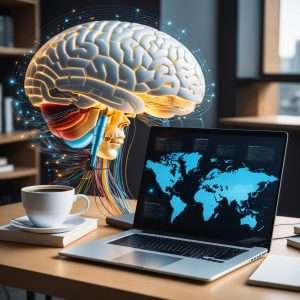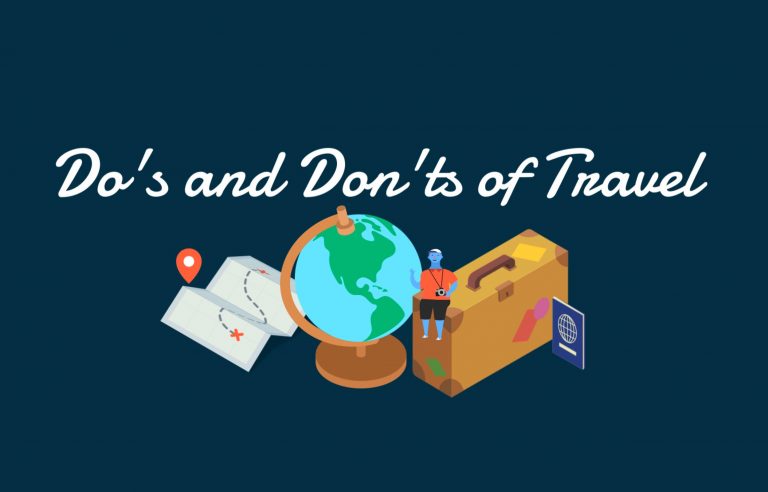Zombie Bunny is Reader-supported and may earn an affiliate commission through links on our site.
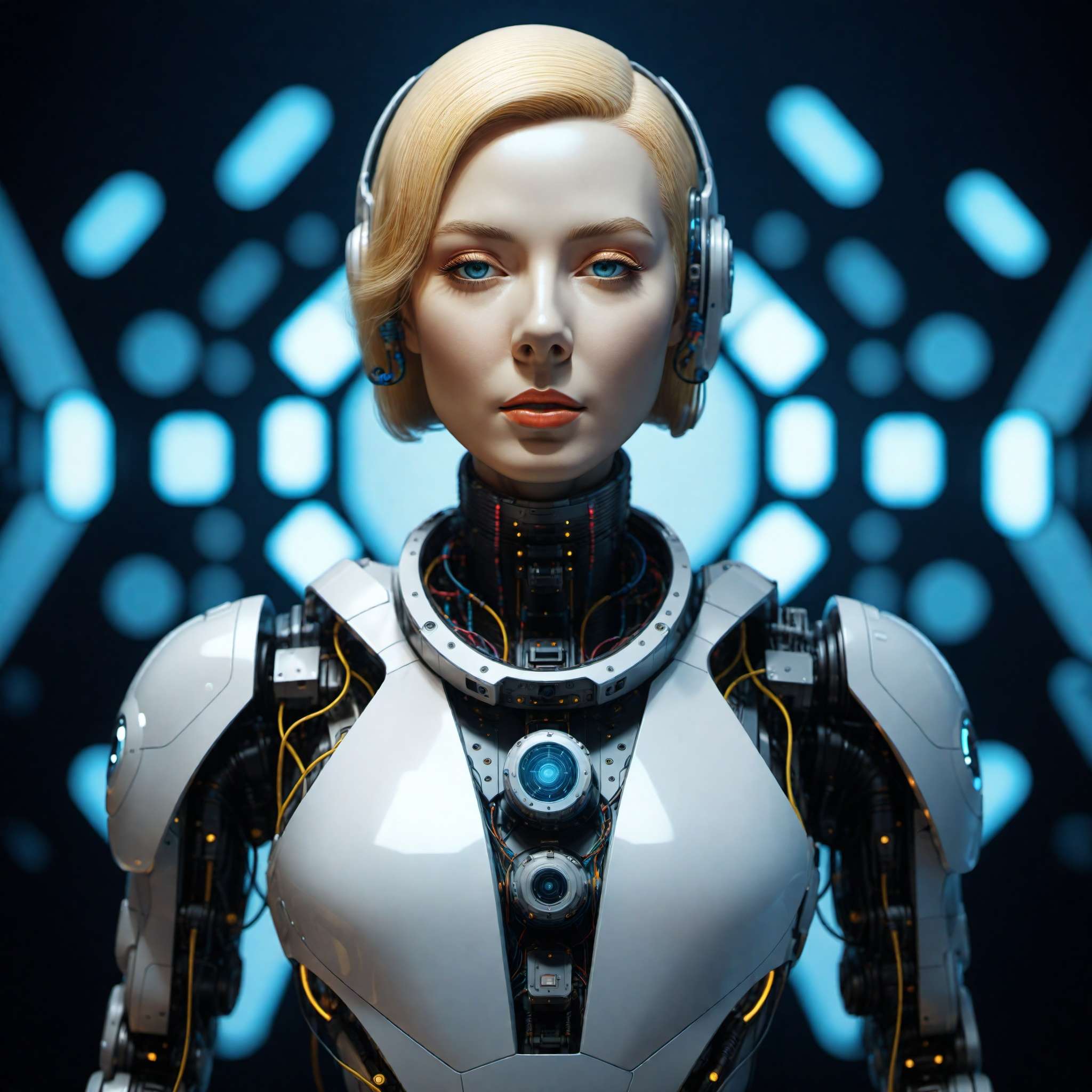
Navigating the AI Apocalypse: Preparing for the Future Through Adaptability and Lifelong Learning
Dive into the world of Artificial Intelligence (AI) and understand its potential, implications, and the skills needed to thrive in an AI-dominated future.
Explore the dramatic transformation of our world with the rise of Artificial Intelligence (AI) in this blog. Gain insights into the intricate blend of sophisticated algorithms, vast data, and computing power that fuels AI’s exponential growth. Understand the potential implications, benefits, and risks of AI across various sectors like healthcare, finance, and education. Delve into the critical skills needed to thrive in an AI-dominated future, from digital literacy and computational thinking to emotional intelligence and creativity. Learn about the importance of lifelong learning and adaptability in staying relevant in the AI era. Lastly, discover the ethical considerations and regulatory frameworks necessary for responsible AI usage. This blog is a comprehensive guide for becoming AI-Ready humans, equipped to navigate the impending AI apocalypse with confidence and foresight.
Introduction: Embracing the Future
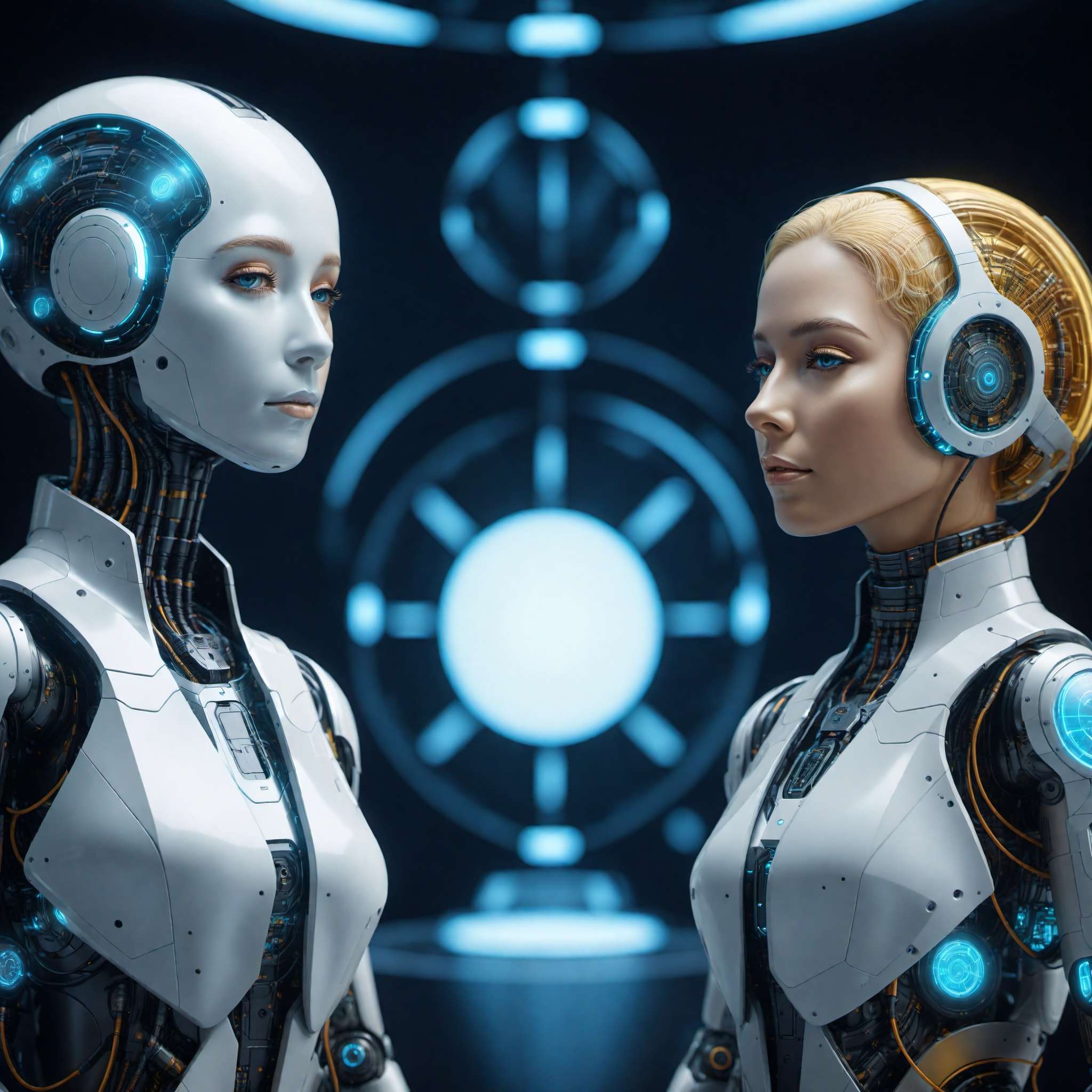
© Copyright , ZombieBunny.Org
The rapid development of AI
The technological landscape has witnessed a dramatic transformation with the rapid development of Artificial Intelligence (AI). This catalyst for change has been redefining various sectors, from healthcare and finance to entertainment and education. Advances in machine learning and data processing capabilities have propelled AI from the realm of science fiction into our everyday lives.
The exponential growth of AI technology is not solely due to technological advancements. It’s the result of an intricate blend of sophisticated algorithms, vast amounts of data, and enhancements in computing power. As we stand on the brink of this AI revolution, it’s crucial to understand its implications and prepare ourselves for the future. Embracing AI is no longer a matter of choice but a necessity for survival in the impending AI apocalypse.
The potential implications of AI
The potential implications of AI are vast and transformative. On one hand, AI promises to increase efficiency, accuracy, and productivity, thereby revolutionizing industries and economies. Automated systems could take over mundane and repetitive tasks, enabling humans to focus on creative and complex problem-solving activities. However, this technological leap also brings concerns.
There are apprehensions about job displacement due to automation, and the ethical considerations of AI decision-making processes. The security risks associated with AI and data privacy are other significant areas of concern. As we gear up to become AI-Ready humans, we need to navigate these implications mindfully. The key lies in leveraging AI’s potential to our advantage while addressing its challenges proactively. This balance will help us thrive in the forthcoming era of AI dominance, ensuring we remain relevant and adaptable in the face of the AI apocalypse.
The need for humans to adapt
As the AI revolution accelerates, the need for humans to adapt becomes increasingly paramount. The future of work and society hinges on our ability to coexist and collaborate with AI. This doesn’t just mean learning to use AI tools but also cultivating an AI-Ready mindset that embraces change and fosters lifelong learning.
Adapting to the AI era involves developing new skills, particularly digital literacy and computational thinking. It also means being open to unlearning and relearning as technology evolves. Emotional intelligence and creativity are other crucial capabilities that will set us apart in an AI-dominated world. As we stand on the precipice of the AI apocalypse, the ability to adapt will be our greatest asset. By becoming AI-Ready humans, we can ensure that we not only survive but thrive in this new era of artificial intelligence.
The Current State of AI: Friend or Foe?
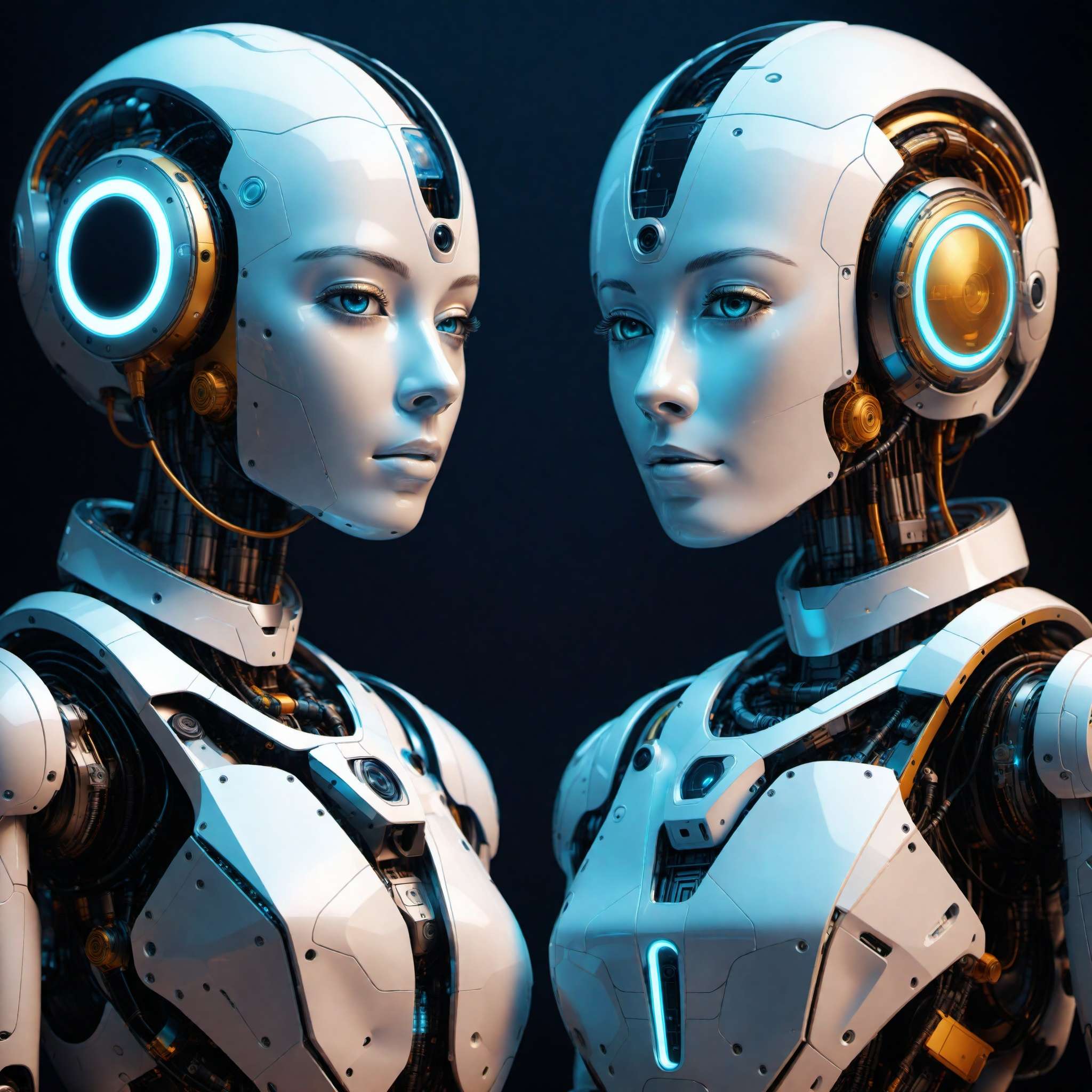
© Copyright , ZombieBunny.Org
How AI is currently used
AI has woven itself into the fabric of our daily lives, with its applications ranging from the mundane to the extraordinary. It powers the recommendation algorithms of our favorite streaming services and helps us navigate through traffic with real-time updates. In healthcare, AI aids in early diagnosis and personalized treatment plans, while in finance, it enables fraud detection and algorithmic trading.
Yet, AI’s utility extends beyond these sectors. It’s enhancing customer service through chatbots, improving supply chain management with predictive analytics, and even aiding climate change research with its data processing capabilities. The current use of AI is indeed wide-ranging and dynamic. However, it’s only the tip of the iceberg in terms of what AI can achieve. As we journey towards becoming AI-Ready humans, understanding AI’s current applications will help us envision its future potential more clearly.
Benefits and threats of AI
The benefits of AI are multifaceted, enhancing efficiency, accuracy, and productivity across numerous sectors. From personalized learning experiences in education to precision agriculture for sustainable farming, AI’s benefits are transformative. However, AI’s power also brings with it considerable threats.
The most significant concerns revolve around job displacement due to automation, raising questions about economic inequality and social disruption. AI’s decision-making processes also raise ethical dilemmas, especially when they impact critical areas like healthcare or criminal justice. Additionally, AI-related security risks and data privacy issues are growing concerns. As we move towards becoming AI-Ready humans, it’s vital to weigh these benefits and threats. The goal is to harness AI’s advantages while mitigating its risks, thus preparing ourselves for a future where AI is not just a tool, but a ubiquitous part of our lives.
The relationship between humans and AI
The relationship between humans and AI is evolving, shaped by our increasing reliance on AI technologies and their growing capabilities. Humans are not only users of AI but also its creators, shaping AI’s development and direction. Simultaneously, AI is transforming how we live, work, and interact, necessitating a rethinking of our roles and identities.
This relationship isn’t one-sided. As AI systems become more advanced, they’re learning from human behavior, mirroring our biases, and influencing our decisions. This interplay underscores the need for responsible AI usage, ethical guidelines, and robust regulatory frameworks. As we strive to become AI-Ready humans, we must foster a symbiotic relationship with AI—one that leverages its capabilities for societal advancement while ensuring human values and ethics remain at the forefront. This balance will be crucial in navigating the AI apocalypse successfully.
Preparing for AI Dominance: Skills for the AI Era
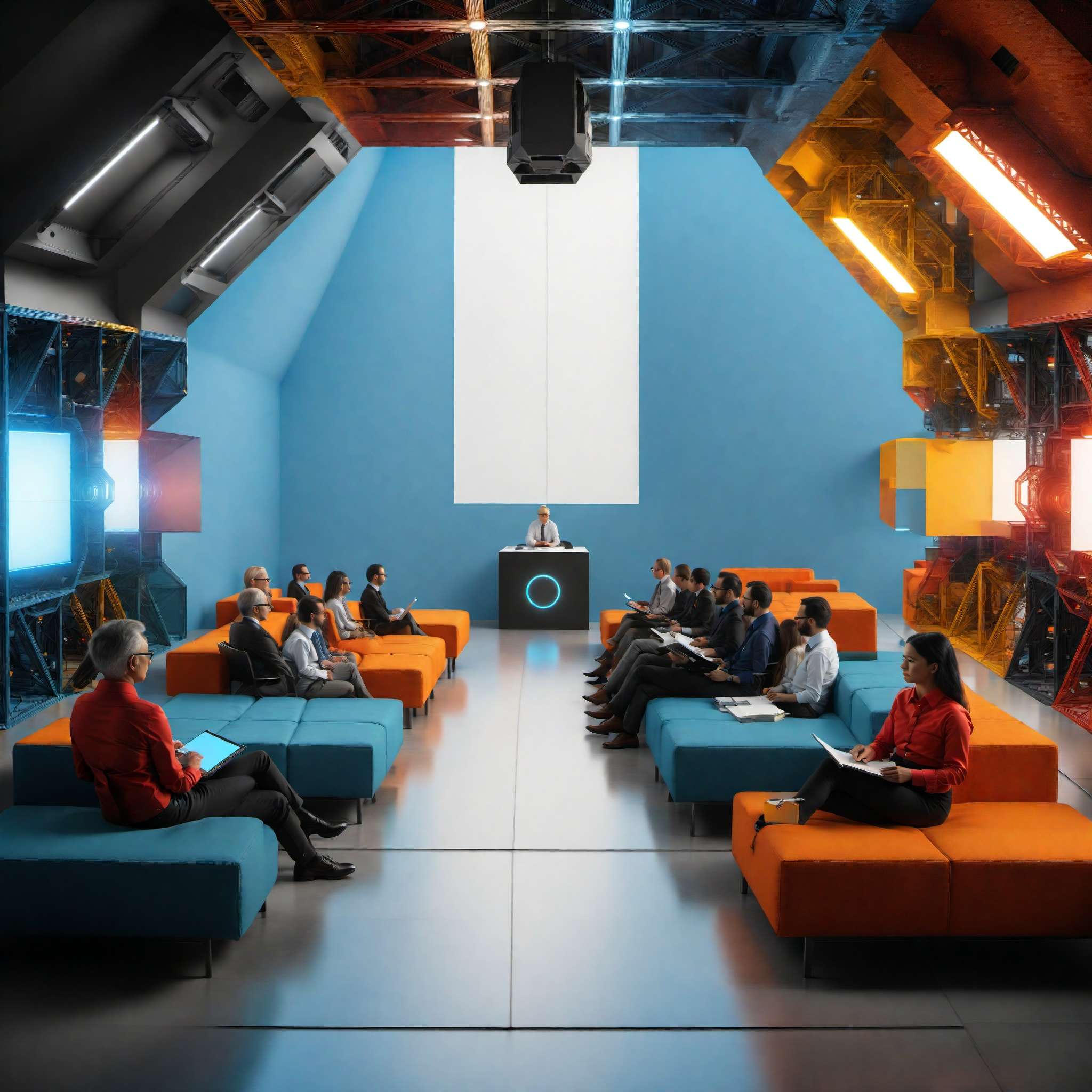
© Copyright , ZombieBunny.Org
The crucial skills for the AI era
In the AI era, certain skills will become crucial for humans to remain relevant and competitive. Digital literacy, the ability to use, evaluate, and create digital technology, is fundamental. As AI systems become more sophisticated, understanding their basic principles and operations will be essential.
Coding and computational thinking, the ability to solve problems using computer science concepts, are other key skills. However, not all crucial skills are technical. Soft skills like creativity, emotional intelligence, and critical thinking will also gain prominence. These are areas where humans inherently excel and AI struggles to replicate. They’ll enable us to complement AI technology rather than compete with it. As we gear up for the AI apocalypse, developing these critical skills will be a significant step towards becoming AI-Ready humans, capable of thriving in a future saturated with artificial intelligence.
The importance of lifelong learning
In the era of AI, lifelong learning isn’t just important—it’s indispensable. With the rapid pace of technological advancements, skills that are relevant today may become obsolete tomorrow. The only way to keep up is through continuous learning and skill acquisition. This is particularly true for technical skills, which evolve rapidly with each new iteration of AI technology.
But lifelong learning isn’t just about technical prowess. It’s also about cultivating an adaptable mindset, capable of critical thinking and creative problem-solving. As we prepare for the AI apocalypse, embracing lifelong learning will enable us to stay abreast of AI developments and adapt to changing job roles and societal structures. It’s a cornerstone of becoming AI-Ready humans, ensuring we remain relevant and competitive in the AI-dominated future. To thrive in the AI era, we must commit to learning, unlearning, and relearning—forever.
Roadmap to becoming AI-Ready
Becoming AI-Ready involves a strategic roadmap that prepares us for the AI apocalypse. The first step is awareness: understanding AI, its implications, and the changes it’s likely to bring. This involves staying informed about AI developments and trends, and recognizing the impact they could have on our lives and careers.
The next step is education. This includes acquiring technical skills like coding, data analysis, and machine learning, but also developing soft skills like creativity, critical thinking, and emotional intelligence. The third step is application: using these skills in real-life scenarios, whether at work, at home, or in our communities. Lastly, adaptation is key. This involves nurturing a growth mindset, being open to change, and embracing lifelong learning. This roadmap to becoming AI-Ready will equip us with the skills, mindset, and resilience needed to thrive in the AI era.
The Future with AI: Opportunities and Challenges
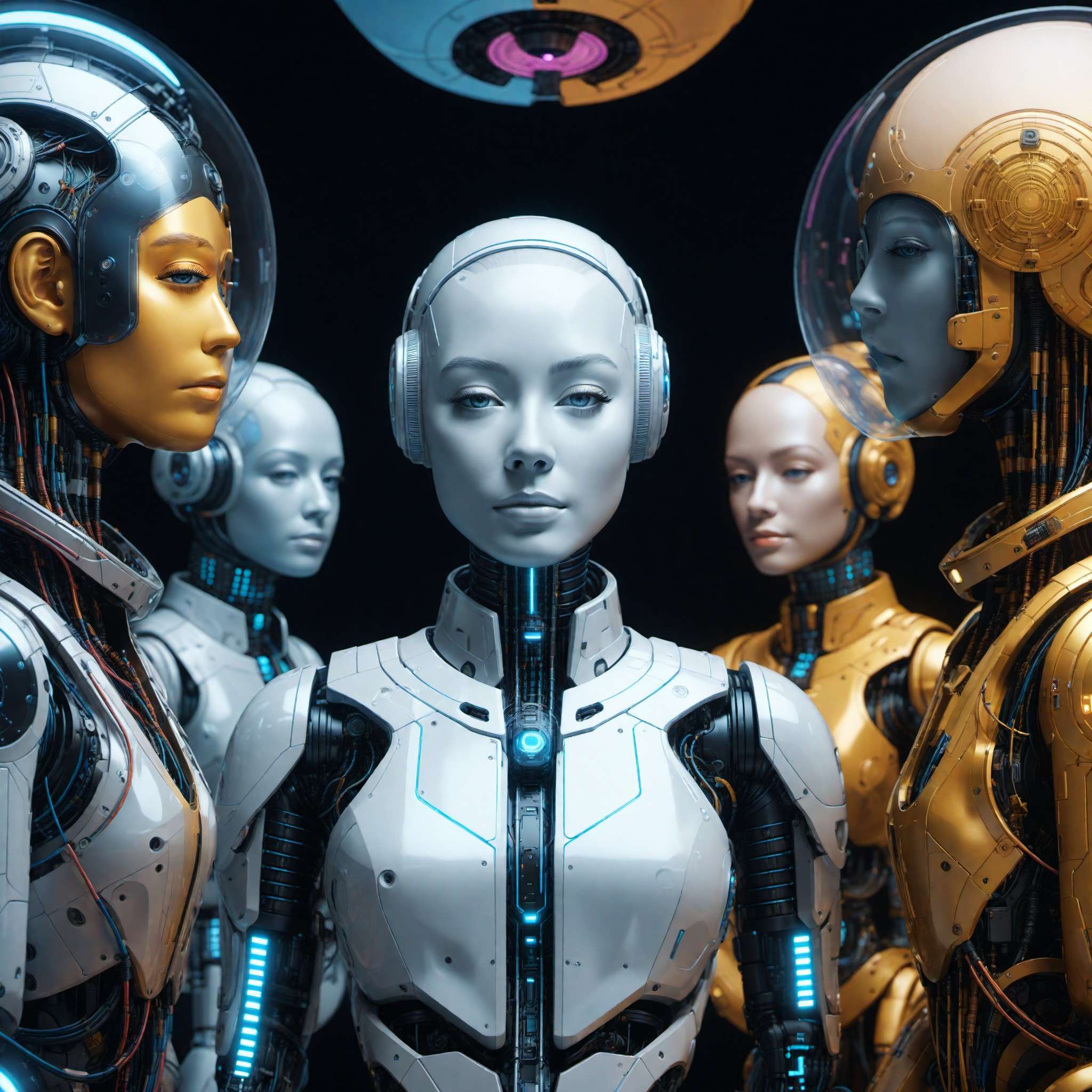
© Copyright , ZombieBunny.Org
Possible future scenarios with AI
The future with AI holds numerous possibilities. On the optimistic side, AI has the potential to automate mundane tasks, freeing up humans to engage in more creative and complex problem-solving endeavors. It could revolutionize sectors like healthcare, offering personalized treatment plans and early diagnosis.
However, there are also dystopian scenarios to consider. AI could lead to significant job displacement, exacerbating social and economic inequalities. There could be issues of privacy and security, as reliance on AI and data increases. AI algorithms could even unintentionally propagate biases, influencing decisions in areas like hiring or law enforcement. As we transition into the AI era, understanding these potential scenarios is vital. This awareness will help us preemptively address challenges and harness opportunities, ensuring we are AI-Ready and equipped to navigate the AI apocalypse effectively.
Opportunities and challenges in an AI-driven world
An AI-driven world presents both opportunities and challenges. The opportunities are immense: AI could revolutionize healthcare, education, agriculture, and more, enhancing efficiency and personalization. It could help tackle global challenges, from climate change to disease outbreaks, by processing vast amounts of data and identifying patterns that humans might miss.
However, the challenges are equally significant. Job displacement due to automation is a major concern, as is the potential for increased socioeconomic inequality. The decision-making processes of AI systems raise ethical questions, while data privacy and security issues are ongoing concerns. Navigating these challenges requires foresight, planning, and a commitment to ethical AI practices. As we prepare for the AI apocalypse, understanding these opportunities and challenges will be crucial. It’s about ensuring we not only survive in an AI-driven world, but thrive, leveraging AI’s potential while safeguarding human interests and values.
Importance of adapting to the AI evolution
Adapting to the AI evolution isn’t merely important—it’s crucial for our survival and prosperity in an AI-driven world. AI will inevitably reshape our jobs, societies, and even our identities. As AI systems become more sophisticated, they’ll take on tasks once thought uniquely human. This doesn’t mean humans will become obsolete, but rather, our roles will change.
Adapting to this change involves acquiring new skills, staying informed about AI developments, and fostering a growth mindset that embraces change. It also means advocating for ethical AI practices, ensuring that AI benefits all of society, not just a select few. Adapting to the AI evolution is a proactive process, one that prepares us for the AI apocalypse and ensures we can leverage AI’s potential to its fullest. As we become AI-Ready humans, adaptability will be our greatest ally in the face of AI’s relentless march forward.
Conclusion: Thriving in the AI Apocalypse
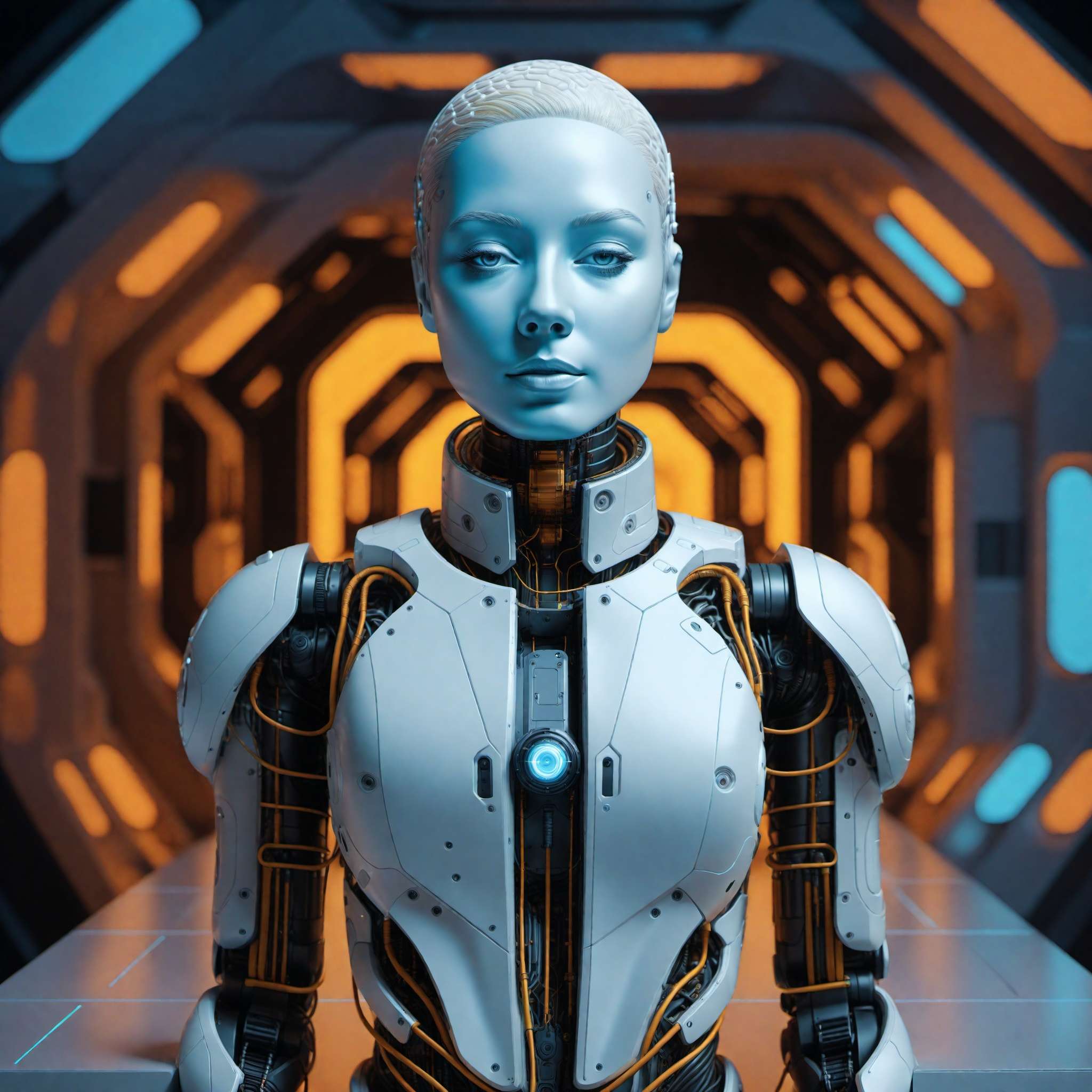
© Copyright , ZombieBunny.Org
The inevitability of the AI evolution
The AI evolution is no longer a distant prospect—it’s an ongoing reality. From the smartphones in our pockets to the digital assistants in our homes, AI is already an integral part of our lives. As technology continues to advance, AI’s influence will only grow, permeating every sector and reshaping our world in ways we can barely imagine.
The inevitability of the AI evolution isn’t cause for fear, but rather a call to action. We must become AI-Ready humans, equipped with the skills, knowledge, and adaptability needed to thrive in this new era. This involves embracing lifelong learning, advocating for ethical AI practices, and fostering a symbiotic relationship with AI. As we stand on the brink of the AI apocalypse, our survival and success will hinge on our ability to navigate this evolution with foresight, agility, and a commitment to human values.
Human adaptability and resilience
Human adaptability and resilience will be our greatest assets in the AI apocalypse. Throughout history, we’ve proven our ability to adapt to change, from the agricultural revolution to the digital revolution. Each time, we’ve not only survived but thrived, leveraging new tools and technologies to advance our societies and cultures.
As AI continues to evolve, our adaptability will be tested once again. We’ll need to learn new skills, adapt to new job roles, and navigate new societal structures. It won’t always be easy, but our inherent resilience will guide us through. We’ve faced technological disruptions before and emerged stronger, more innovative, and more resilient. The AI apocalypse will be no different. By embracing adaptability and fostering resilience, we can ensure that we’re not just AI-Ready, but ready to thrive and prosper in the AI-dominated future.
Thriving in an AI-driven world
Thriving in an AI-driven world involves more than just survival—it’s about leveraging the potential of AI to enhance our lives and societies. As AI evolves, we must evolve with it, acquiring new skills, adapting to new realities, and advocating for ethical AI practices. It’s about understanding the opportunities and challenges that AI presents, and navigating them with foresight and agility.
But thriving in an AI-driven world also means maintaining our human values in the face of technological change. It’s about ensuring that AI serves us, not the other way around. It involves using AI to tackle global challenges, improve quality of life, and foster social progress. As we face the AI apocalypse, our aim should not just be to become AI-Ready, but to use AI to create a better, more inclusive, and more prosperous future for all.
Please support our site and purchase something from our store.



